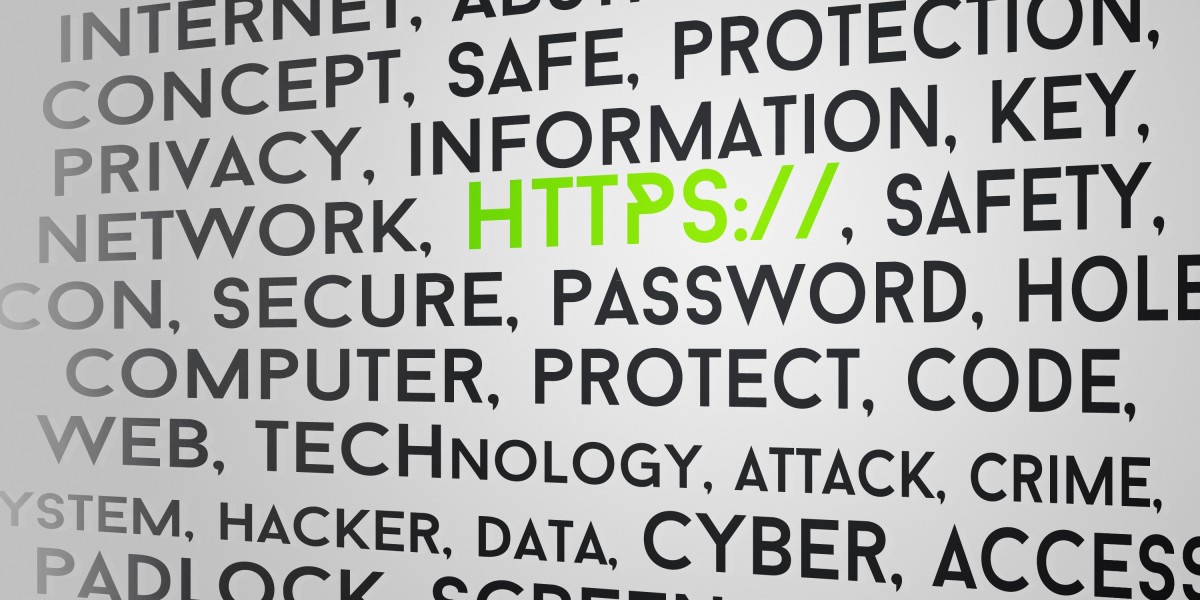Development of digital assets has never ceased to be patterned with technology, market demand, and regulatory pressure coming to a point where they merge to create new paradigms. Privacy has become one of the key forces in the last few years, which are determining the future of the blockchain infrastructure. What used to be considered as an optional feature has now become a primary requirement in the systems with access to sensitive information at scale. This change is indicative of a global realization that open-by-default systems no longer cut it in the case of industries that require confidentiality. This is pushing investors, developers, and enterprises to privacy-oriented ecosystems which provide an improved method of trust, verification, and computationally safe computation. The significance of incentive-based digital assets within this wider movement has been advancing particularly within networks with high-security settings.
The Digital Economy Emerging as a Privacy Aligned Society
Ecosystems based on modern cryptography are challenging the definition of a digital economy, as more and more people require a private and verifiable computation. A significant number of networks with a high emphasis on confidentiality rely on cryptographic primitives to authenticate interactions between users without compromising verifiability. Out of this group of systems that are privacy conscious, zk coin is one privacy-oriented system that enhances user engagement and undergirds the rest of the encrypted operations architecture. Its mission is not just utilitarian, it is a binding factor between calculating, verifying and long term network action.
This movement toward privacy oriented digital ecosystems is not a short-lived one. It is an indication of structural change as sensitive workload organizations seek the infrastructure that allows them to safely process without publicity. Conventional blockchain models could not be implemented in other areas like finance, healthcare or AI-based computation where data confidentiality is the paramount requirement. Privacy enhancing technologies and particularly those that are based on Zero Knowledge framework offers a good alternative. The zk coin is used as a form of incentive in these ecosystems and it acts as an incentive to contribute to encrypted networks of computation on a consistent basis.
A key advantage of privacy-first ecosystems is that it is possible to perform operations on data, check it without exposing raw inputs. This design enables individuals and institutions to have strengths to uphold operational privacy and have access to powerful decentralized computation. The zk coin introduction that promotes participation via rewards enhances the involvement of the users, and enables resilience in the ecosystem. With the ongoing growth in demand for privacy of digital interaction, the economic layer that can help in designing future infrastructure is getting increasingly significant.
Zk Coin: the Encrypted Computation Incentive Engine
In privacy-focused systems on Zero Knowledge infrastructure, computation can be performed within secured systems in which users perform computation like AI processing, identity verification, or dataset validation without revealing sensitive information. These safe transactions need an economic system that encourages them to take part and balance distribution of resources. It is here that the zk coin comes in. It acts as the native asset that is compensating the interaction and facilitating the decentralization of operations as well as aligning incentives of all of the players.
A distinctive model of the way this token can be incorporated into privacy-focused networks is the systems that employ Proof Pods or equivalent modules of secure computation. They have these structures where encrypted processing environments are offered, in which a select group of the participants do verifiable tasks without loss of confidentiality. The participation of users in these encrypted units when they add a resource, do some verification work or carry out some computation is increased and enhances the overall efficiency of the network. They, in their turn, are compensated with the zk coin, which creates a feedback loop since privacy-preserving work is directly rewarded.
This incentive system can be used in order to make sure that encrypted computation networks are active and sustainable. The participants will not be just encouraged by speculation but by actual interaction with the functional elements of the platform. The next extension of the worldwide distribution of tokens, expressed by presale chances, further extends the access, welcoming newcomers who want to contribute or take part in privacy-congruent infrastructure. The circulating presence of the zk coin as adoption increases is indicative of network maturity and increasing awareness of the need to incorporate confidential computation into contemporary digital systems.
The token is not restricted to user engagement. It is also used as a governance and utility layer in most implementations whereby the participants are able to interface with features of the network, prioritized privacy-based operations, or high-fidelity processing tools. The resulting multi-layered utility framework makes zk coin more than a reward mechanism; it is a fundamental force in digital economic activity in privacy-friendly settings.
Market Forces of Privacy-based Tokens
The wider digital asset economy has moved into a stage where data privacy and confidence no longer conflict as priorities but are now the two cornerstones of system architecture. Investors are becoming aware that confidentiality is needed to make real-life implementation, particularly in areas where information exposure poses regulatory, ethical, and operational risks. With privacy requirements remaining a factor in the infrastructure choices, assets such as zk coin have an advantage because of not only being practical, but also being related to new compliance expectations.
Ecosystems that are based on robust cryptographic fundamentals have also been positively received by markets. Zero Knowledge verification using distributed systems is more secure and transparent without revealing information on the users. This equilibrium attracts the long term stakeholders who are interested in sustainable technology rather than the short term speculative period. The investors contribute to a framework that can resolve core problems of the digital economy by engaging in networks that use zk coins, including data protection, encrypted computation, and controlled verification.
The growing applicability of privacy-preserving architecture in various fields is another element that determines the demand in the market. Applications of AI are becoming more and more verifiable in computation without underlying datasets. Healthcare operations should be in line with the strict confidentiality regulations and at the same time allowing digital record validation. Banking institutions seek infrastructure that is capable of providing secure transactional logic without jeopardizing regulatory control. Privacy-driven systems in each of these areas provide a flexible solution that is able to manage the intricate workload. This flexibility is supported by the incentive system that is inherent to the zk coin, which promotes the ongoing use and growth.
Conclusion
The development of privacy-consistent digital systems is a point of convergence in the development of a secure interaction and verifiable computation in the world. Layers such as zk coin are vital in facilitating these developments since they provide incentives to keep the workloads encrypted, maintain balanced ecosystem development, and encourage engagement. As confidentiality emerges as the paramount expectation of the contemporary digital infrastructure, the assets which comply with safe, encrypted computation will be positioned to consider significant innovation and long-term adaptation.








